Have you ever gazed upon the Statue of Liberty wondering if she represents the freedom spirit? Generations of immigrants arriving on America’s shores saw her as an ember of hope. And her legacy helped develop the American experience.
Liberty and freedom are two words related to natural rights, strong constitutional principles, and opportunity. Patriots spread the fundamental idea of natural rights during the pinnacle of the American Revolution. Thus, all cultural influence followed the developing other countries’ ideas of liberty.
Curious to know what other ideas America spread across the globe? Read below to enhance other American influence.
1. Natural Rights as a Birth Right
Natural rights are one of the U.S.’s most enduring legacies. For some, this concept seems abstract but at second glance becomes simpler.
Your rights exist from birth given by the creator. They’re as inherent as allowing a lion to roam free or recognizing whales as the largest living mammals.
America’s Founders derived natural rights roots from old English doctrine established in the Magna Carta (1215). It laid the philosophical foundation later establishing the basis for natural rights.
America’s Declaration of Independence made it clear that “all men are created equal…” Jefferson’s eloquent prose established a political identity branding the U.S. as a leader in equality.
“Men” is an all-inclusive term representing both men and women. Yes, these ideas evolved through the years since 1776 to include everyone.
Next, what rights do I speak of?
I’m referring to the enshrined rights mentioned in the Bill of Rights. For example, you have freedom of religion.
American settlers risked their lives to escape religious persecution in Europe. Thus, you have a worry-free right to worship how you see fit.
And that’s one example. They’re others listed in the Constitution.
Natural rights- known as individual rights- are the most important aspect of liberty. America helped promote to prominence this concept to worldwide fame.
By the way, do you practice your rights?

2. Timeless Liberty
In conjunction with natural rights, liberty is timeless. There isn’t a set interval when it expires. The sun will rise and fall bringing your freedom with it each and every new day.
Unlike coupons at the grocery store, the cashier won’t say, “Sorry, your liberty coupon is no longer valid. Be on your way now good citizen.”
Protecting hard-earned freedoms in the face of government encroachment will inevitably lead to conflicts. Therefore, vigilance is crucial to safeguarding timeless liberty.
Liberty is an uncertain ageless principle because it requires constant awareness. Eternal beliefs are worth defending and supporting. Apathy is the biggest enemy of freedom.
Throughout history, movements strived for their timeless liberty.
Here are a few examples:
- Civil Rights Movement (1960s)
- Women’s Voting Movement (early 20th century)
- Freed Enslaved Peoples (1860s)
The forward momentum of independence surged with remarkable vigor during each of these evolutions. Pushback is inevitable with movements requiring great effort.
Each significant era faced unique challenges from various opposition groups
Timeless liberty is not a well-known- or mentioned legacy. But it is an unspoken hero of many different cultures achieving a freer society around the world.
3. Individualism and Personal Autonomy
Understanding a country’s ideology is essential.
Patriotic civilians regard individualism as the primary political ideology.
Some people call them “red-blooded” Americans- a term used for the most patriotic citizens. They fiercely defend our fundamental principles.
On the other hand, collectivism opposes personal responsibility and individual freedoms. Group dynamics supersedes individual aspirations.
Individualism Related Articles:
• Is individualism on the rise? LEARN MORE from my article explaining trends in individualism.
• Individualism vs collectivism is the epic battle of ideologies. Do you want freedom or equality? LEARN MORE in this saga.
America’s individualistic legacy causes other cultures to worry about dramatic rises in individualism. American protests appear on world news sparking assumptions and questions such as the following:
- Is America’s individualism too much?
- Are Americans spoiled?
- America has an individualistic unhealthy distrust of government.
- Which political ideology should reign supreme on the world stage: individualism or collectivism?
Furthermore, people associate personal autonomy with individualism. American nonconformists are independent and self-reliant. As a result, rugged individualism is by far the most prominent unique subculture of our topic.
Epic cowboy movies fill foreign TV and American screens, featuring these iconic heroes. Their influence permeates many who embody what the cowboy represents. A free, uninhibited solo character able to accomplish the impossible.
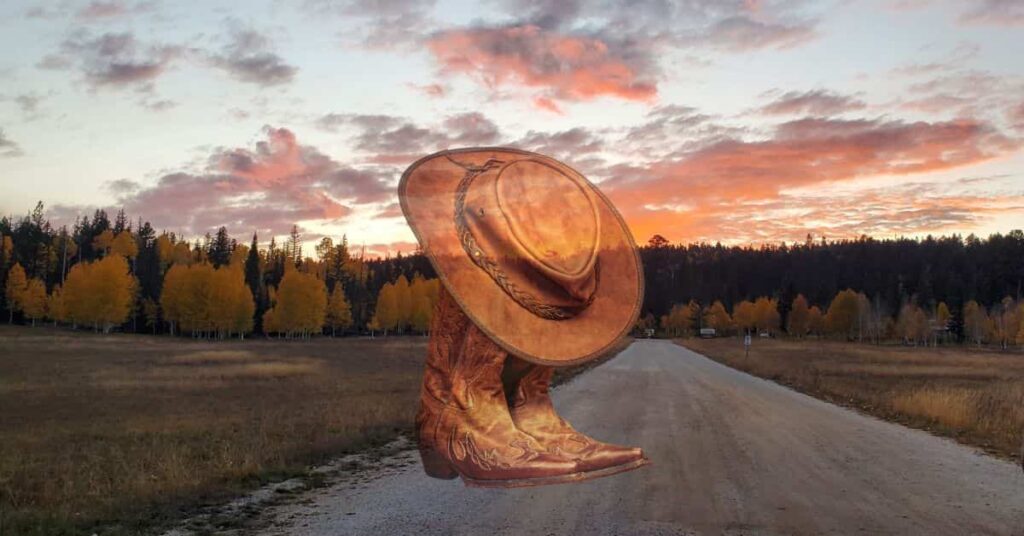
In the movies, cowboys save the stranded settlers moving west from the harsh elements. Or they protect them in times of crisis.
American cowboy wide-brim hats are the ultimate symbol. The Great U.S. West intrigued many due to its turbulent history and recognizable landscape.
4. Strong Constitutional Principles
What exactly is a strong constitutional principle?
Constitutional principles outline the legal system, individual rights, and how America operates. There is no law above our Constitution.
Also, the Justice System enforces the text as written.
For that reason, Americans give a certain reverence and respect to a document written over 200 years ago. Many countries such as Mexico used the American Constitution as an outline to write one of their first operating political structures.
Let’s describe 2 basic concepts in our national charter.
- Limited government
This is one of the core principles of having the Constitution. It reduces government influence in our everyday lives.
Essentially, government uses a separation of powers. No one individual has too much authority.
For example, imagine government as an unopened bottle containing power. You want to keep the bottle sealed to prevent the misuse of control. The genie in it has superpowers you don’t want unleashed.
Once freed, you will not be able to contain the undesirable consequences.
Restraining authority is how you achieve true liberty. If a law restricts control more than a citizen, you achieve a freer society.
- No pure democracy
America is a constitutional republic.
In a pure democracy, popular vote rules politics.
Instead, we elect representatives to promote our interests and vote on our behalf. Elected officials are bound to the Constitution as supreme. For better loyalty, most government offices require an oath to serve.
During the Founders’ time, you’ll notice the lack of recognition given to the term “democracy”. They didn’t want to popularize mob rule pure democracy.
Founders such as Thomas Jefferson and John Adams studied the effects of pure democracies in past civilizations. And they didn’t like the result.
Government and policy become a tyranny of the majority. Humans in groups are animalistic and encourage rapidly changing opinions when emotional events occur. Attitudes and systems like this make countries unstable causing revolution after revolution.
The term “republic” better describes what a constitutional America represents on the world stage.
Overall, constitutional principles relate to strong liberty values. The Constitution limits access to power to one person and people’s rapidly changing opinions.
5. Self-Reliance as a Motto for Daily Life
You don’t realize how America helped popularize the idea of self-reliance. It is a life milestone to have independence.
Once born, the goal of Western parents is to watch their little baby grow up. They want them to become a self-reliant member of society.
My parents instilled this mentality into my American psyche. Learning about money management and social norms shaped my path. At first, I sought to solve problems instead of immediately asking for help. Many times, you’ll answer your own question faster than gathering 30 different opinions.
I grew up valuing the importance of “earning your keep”. Every teenager including me wanted to escape the monotony of not deciding your own fate. And the only way to achieve this independence is with what?
Self-Reliance…
Without the American idea and inspiration of self-reliance, many would never achieve their life goals.
A 19th-century influencer named Ralph Waldo Emerson drafted an essay titled Self-Reliance. He promoted relying on your intuition.
LEARN MORE about the philosophical roots of self-reliance in my breakdown of Emerson’s famous essay. Trust your intuition. 🙂
Your gut is the secret juice for making self-reliance more of a reality than a theory. You need your “gut feeling” in:
- personal relationships
- business
- daily life struggles
Don’t underestimate self-reliance as an American idea and identity. It’s there lurking waiting for you to find it.
6. Opportunity Exists: Go Forth and Seize It
At the beginning of this blog post, I mentioned the Statue of Liberty. She represents and symbolizes a new start for the forlorn.
If you are willing to work hard and go after your desires, your “pursuit of happiness” is achievable.
“pursuit of happiness..”
Declaration of Independence
Yes, opportunity relates to the Declaration of Independence’s to the above famous phrase. You must have the opportunity to pursue your goals.
What is a world without prospects?
It is a desolate place full of despair and dependence. You give away your power for others to decide your fate.
Think back to your past life experiences.
- What obstacles blocked your path to success?
- Did you experience too much failure with no hope?
- Did your country not allow you the opportunity to help seize your moment?
Opportunity gives people hope. America provided optimism to those who carved their own story. And many stories of success exist.
Here are a few examples:
- Albert Einstein (1879-1955)
One of the most brilliant minds to ever walk on the earth. He escaped 1930s Germany to the U.S. where he developed many useful scientific discoveries. America allowed him to use his most important asset- his brain.
- Ayn Rand (1905-1982)
She is a controversial figure due to her strong anti-collectivist opinions. Having moved from the Soviet Union at the height of the Bolshevik Revolution, she wanted nothing to do with her former country. Later, she became a famous novelist and philosopher with her most noted work being Atlas Shrugged.
While not everyone succeeds at every endeavor, opportunity creates an entrepreneurial American spirit
- Thomas Paine (1737-1809)
Paine grew up in 18th-century England but desired more than tea and crumpets. His revolutionary spirit endured with his pamphlet Common Sense and truly kept liberty’s embers alive. He helped to spark the 1776 movement toward American independence.
What’s your American Dream? The above are examples of such. The ideals of American individualism and opportunity helped create the ideas of hope presented in the Declaration of Independence.
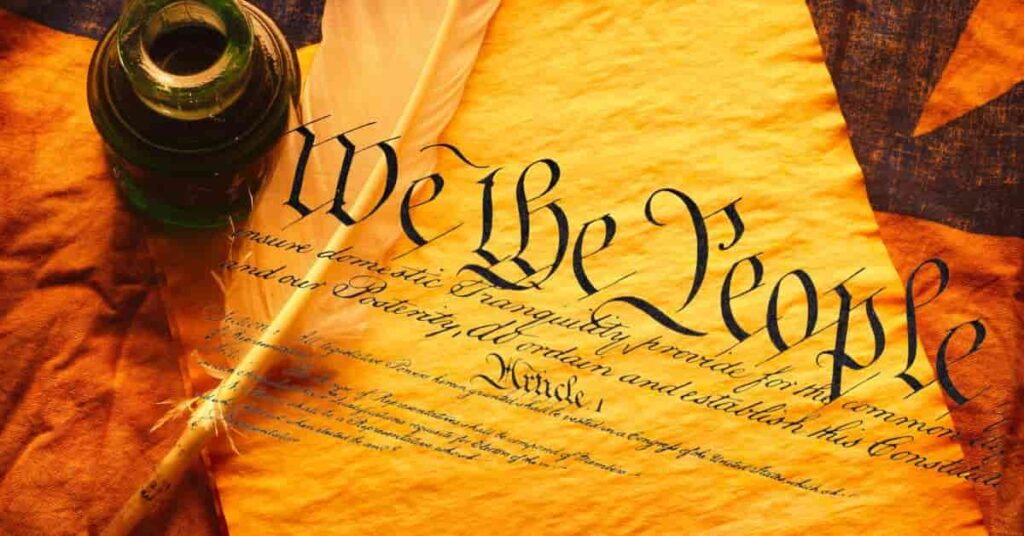
7. Government of the People
When you ponder these long, fancy words, you think of “sovereignty”. The Founding Principles give the power to the people instead of a roundtable of government bureaucrats.
“We the People” are the first words written on the Constitution’s preamble. The Declaration of Independence discusses the duty of citizens to “throw off” tyrannical governments.
Taking those small texts from fundamental documents, we assume those principles are enlightening to the rest of the world.
A world where a government bears no sense of duty to its people causes trouble. Individuals become subjects to government officials, not citizens.
Distinguishing the difference between “subject” and “citizen” will help you understand this concept better.
- Subject
A subject is bound to fiat orders from a king, queen, or dictator. They’re not involved in the political decision-making process of their country.
Before American independence, England’s king considered Americans 2nd rate citizens. They didn’t deserve the same respect and rights as British nationals.
- Citizen
A citizen can preserve their political liberties. They’re actively involved in determining a country’s policy through active voting. Through the civic process, unwanted, or corrupt, government officials lose power.
After the revolution, subjects became citizens. Greater equality reigned supreme in America.
In short, the U.S. helped spread the notion that populations should be citizens and not subjects. Citizens enjoy a greater idea of liberty than subjects. 1776 revolutionaries wanted to rid of the tyrannical British monarchy rule. They wanted their freedom.
There you have it. Some ideas America help spread to the rest of the world. Do you have any others to add to the list? Please share ones I forgot below.
J. Liberty
References:
Albert Einstein. (2024, February). Retrieved from wikipedia.com.
Ayn Rand Timeline. (2024, February). Retrieved from aynrand.org.
Reid, J. P. (1988). The Concept of Liberty in the Age of the American Revolution. University of Chicago Press.
Photo Credits
Photo Credits:
© MCCAIG via canva.com
© DNY59 via canva.com
Photo Credits
Photo Credits:
© tzahiV via canva.com
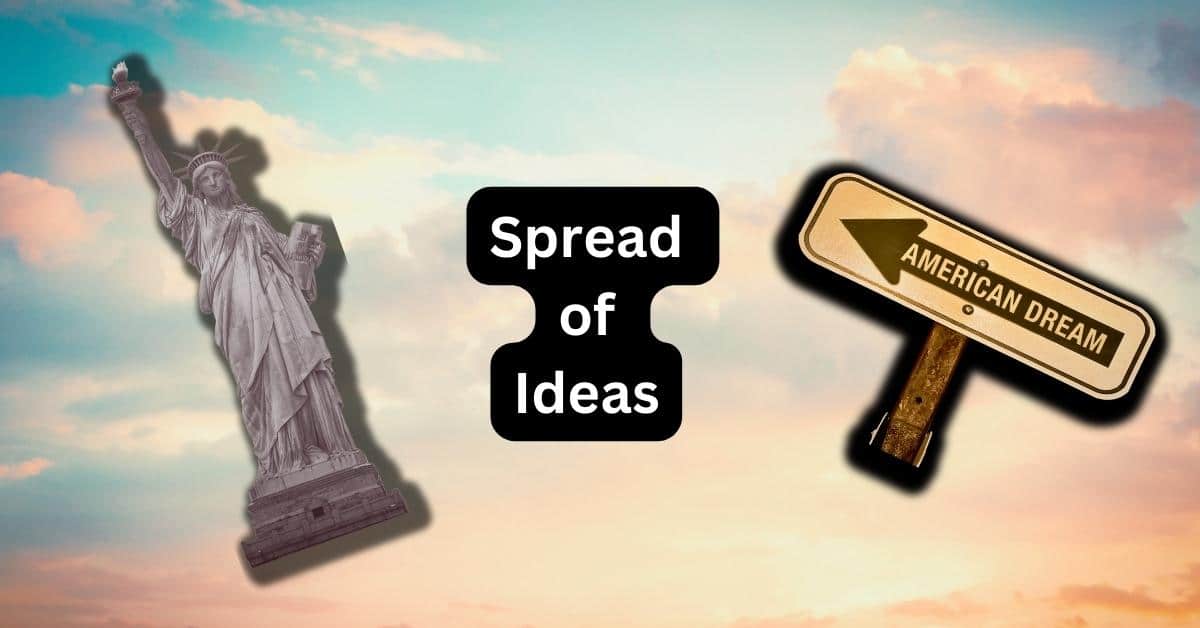

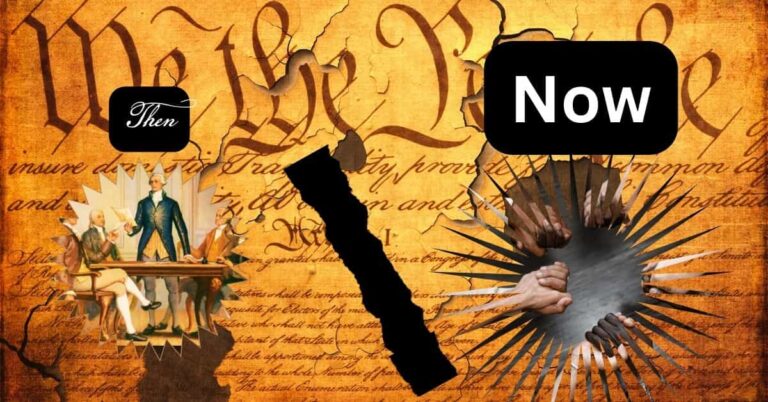
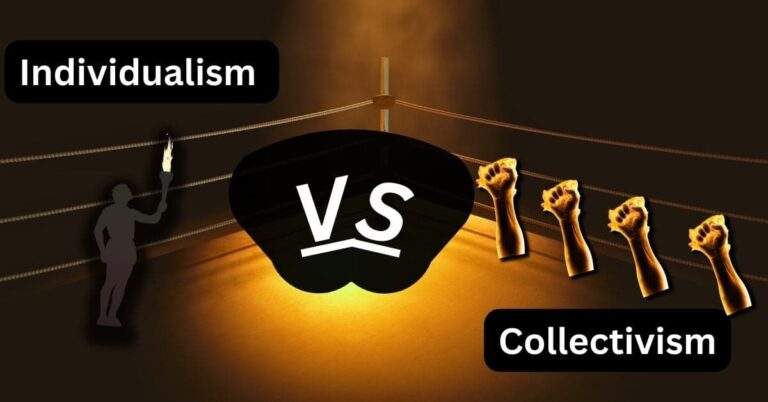
Leave a Comment